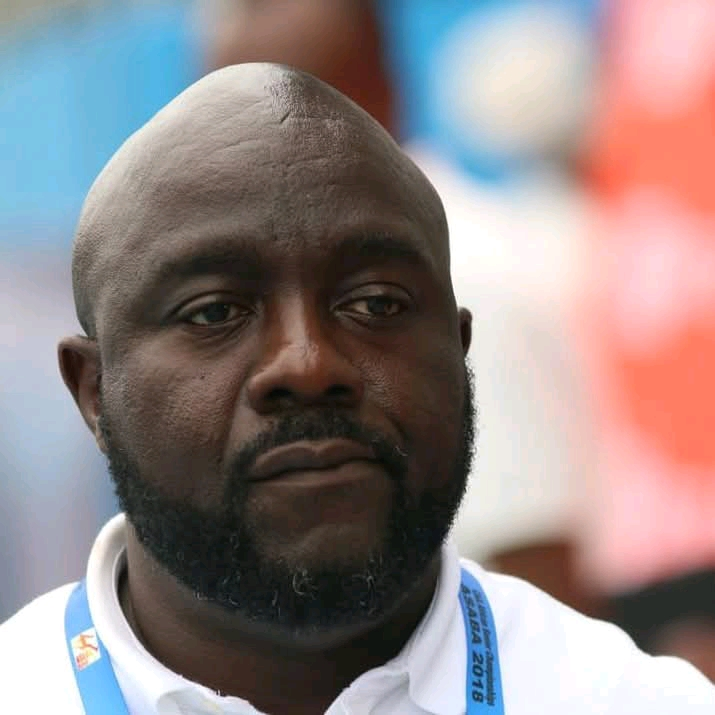The Director General of the National Sports Commission, Bukola Olopade, has revealed a major shake–up coming to the National Sports Festival, as the body moves to drastically reduce the cost of hosting the country’s biggest multisport event.
Olopade, who spoke in Calabar on Thursday during the concluding sessions of the National Council on Sports meeting, said the Commission has taken a hard look at the current structure of the Festival and concluded that the number of participants has grown far beyond what most states can realistically fund. According to him, the Festival has become too large, too expensive and too demanding for many states, especially the less financially buoyant ones.
He explained that the usual 15,000-athlete contingent that attends each edition is no longer sustainable. The new target is to bring that number down to about 7000 athletes. Beyond athletes, he noted that officials, coaches, backroom staff and other accompanying personnel from each state will also be reduced, ensuring that the overall size of the event becomes more manageable and more economical.
Olopade stressed that shrinking the numbers is not about limiting participation but about ensuring the long-term survival and accessibility of the competition. He wants a National Sports Festival that any state, rich or poor, can confidently bid for and host without going into debt or abandoning other essential projects.
He also disclosed that this new cost–saving template will not be restricted to the National Sports Festival alone. Other youth competitions, intermediate games and developing-level championships will adopt the same reduced-contingent approach. The idea is to create a uniform standard that encourages efficiency and discourages waste.
According to the DG, the Commission is moving away from a consumption–heavy system where states pour money into events without seeing any measurable return. The goal, he said, is to build a sports environment that produces value; value in talent development, value in infrastructure, and value in long-term investment. He projected that within the next four to five years, the country’s sports sector should be operating on a production-driven model rather than one that relies solely on spending.
Olopade emphasised that the reforms are part of a broader vision to make Nigerian sports more sustainable, more responsible and more attractive to potential hosts, sponsors and investors. He said the Commission is determined to reduce the financial barriers that have discouraged many states from showing interest in hosting the Festival.
“We want to make it possible for every state to compete fairly, grow their young athletes and host this event without fear of financial strain,” he said. “What we are building is a system that prioritises development over size and impact over unnecessary numbers.”
The DG maintained that the Commission is committed to these changes and believes they will eventually produce a stronger and more efficient sports structure for the country.
Should we send you latest update about your favourite sports and team?
Enter you email in the box below and hit the subscribe button to join our teaming 876+ sports community.
